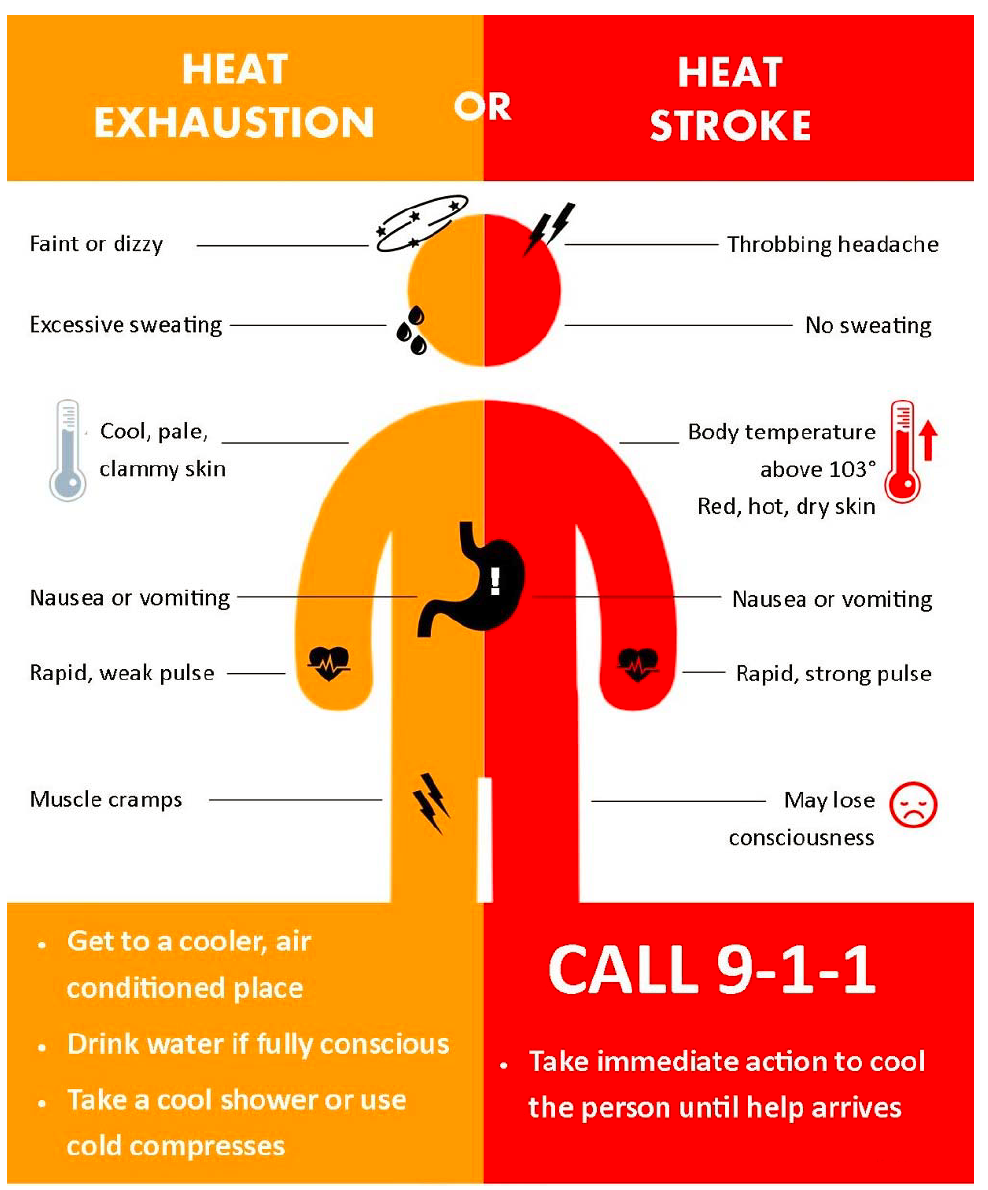With Temperatures Rising National Grid Offers Energy Efficiency Tips to Reduce Energy Consumption, Save on Electricity Bills
Categories:

Rising summer temperatures can result in increased electricity demand and higher electricity bills. With so many working and spending time at home during the COVID-19 pandemic, National Grid reminds its customers of the many cost-effective ways to beat the heat without sacrificing comfort. The company recommends that customers follow a few simple actions which, when combined with those of your neighbors, can make a big difference:
- During daylight hours, draw blinds, shades, drapes to prevent the sun from making your home too hot.
- Control your home’s temperature with a smart thermostat – Whether you’re on vacation or on the go, a Wi-Fi enabled thermostat allows you to control your home’s temperature from your smartphone, tablet, or laptop. Customers can use the technology to preset and adjust temperatures remotely, which could help lower energy bills by up to $180 a year.
- Slightly increase air conditioner settings, change filters – The lower you set your air conditioner temperatures, the more costly it is to operate. For example, a 75-degree setting will cost about 18 percent more than a 78 degree setting. Be sure to choose a temperature that doesn’t compromise your comfort. Also, check your window air conditioner filter and replace or clean it if it is clogged. If your home has central air conditioning, check the furnace filter and replace it if it’s dirty.
- Temporarily turn off your pool pump – Pool pumps are one of the largest consumers of household energy—second only to the air conditioning unit.
- Use oscillating fans, which consume less energy than air conditioners.
- Delay the use of hot water appliances like dishwashers and washing machines.
- Turn off lights when they are not needed.
- Unplug electronics to reduce phantom load – Phantom load refers to the way electricity is drawn from electronic and electric devices when they are turned off. An advanced power strip on your entertainment system can turn off power to peripheral devices, reducing phantom load all year long, and saving up to $60 annually.
Click here for more energy savings and bill management tips or visit our Connected Solutions page.
Heat Stress and Power Outage Tips
- National Grid also reminds customers that prolonged temperatures of 90°F or higher can lead to heat-related illnesses, especially for the elderly, young children and those with chronic illnesses. More information on heat stress can be found here.

- If you experience an outage, National Grid advises customers to leave the refrigerator and freezer doors closed to keep the contents inside cool.
- Turn off any appliances that were on when the power went off but leave one light on so you will know when power is restored.
About National Grid
National Grid (NYSE: NGG) is an electricity, natural gas, and clean energy delivery company serving more than 20 million people through our networks in New York and Massachusetts. National Grid is focused on building a smarter, stronger, cleaner energy future — transforming our networks with more reliable and resilient energy solutions to meet state climate goals and reduce greenhouse gas emissions.
Media Contacts
Related News
